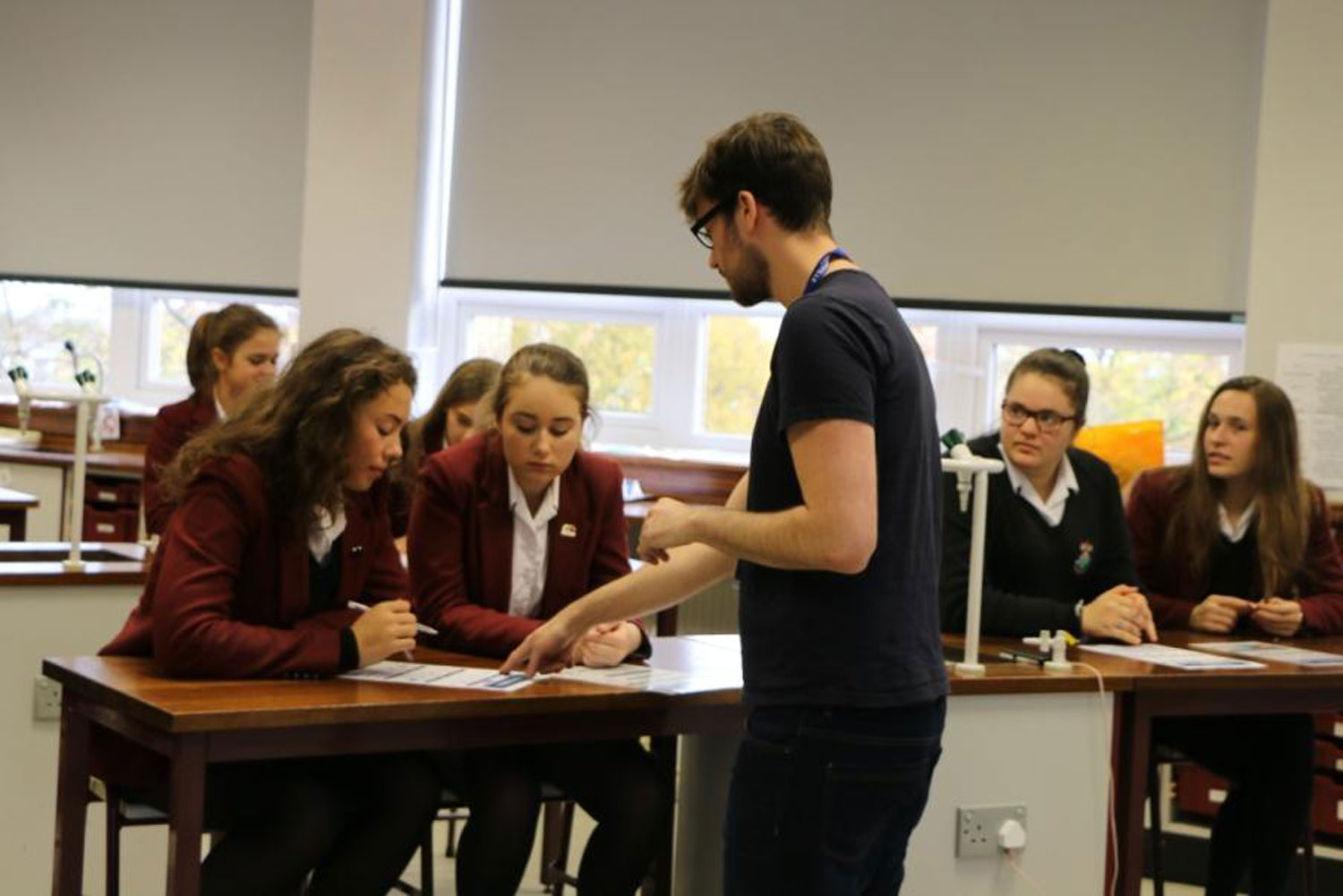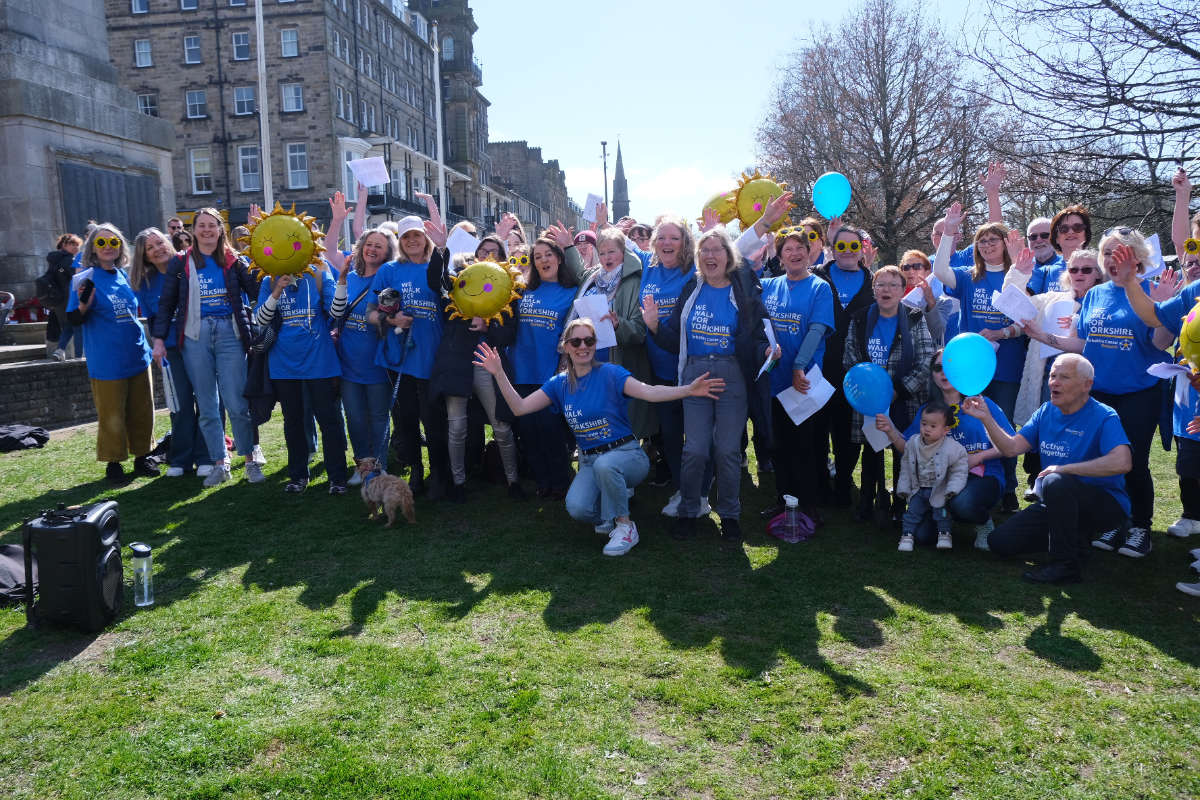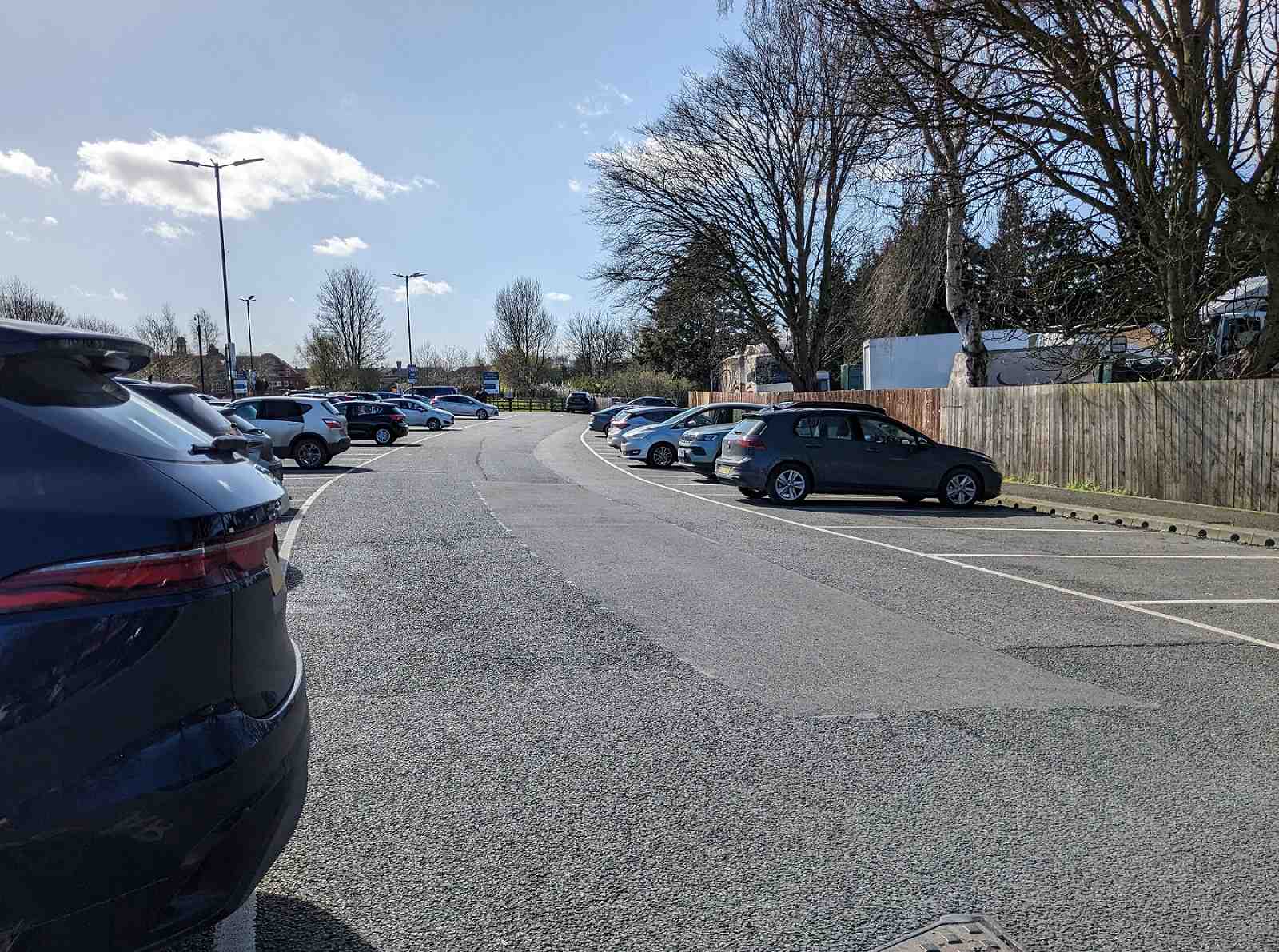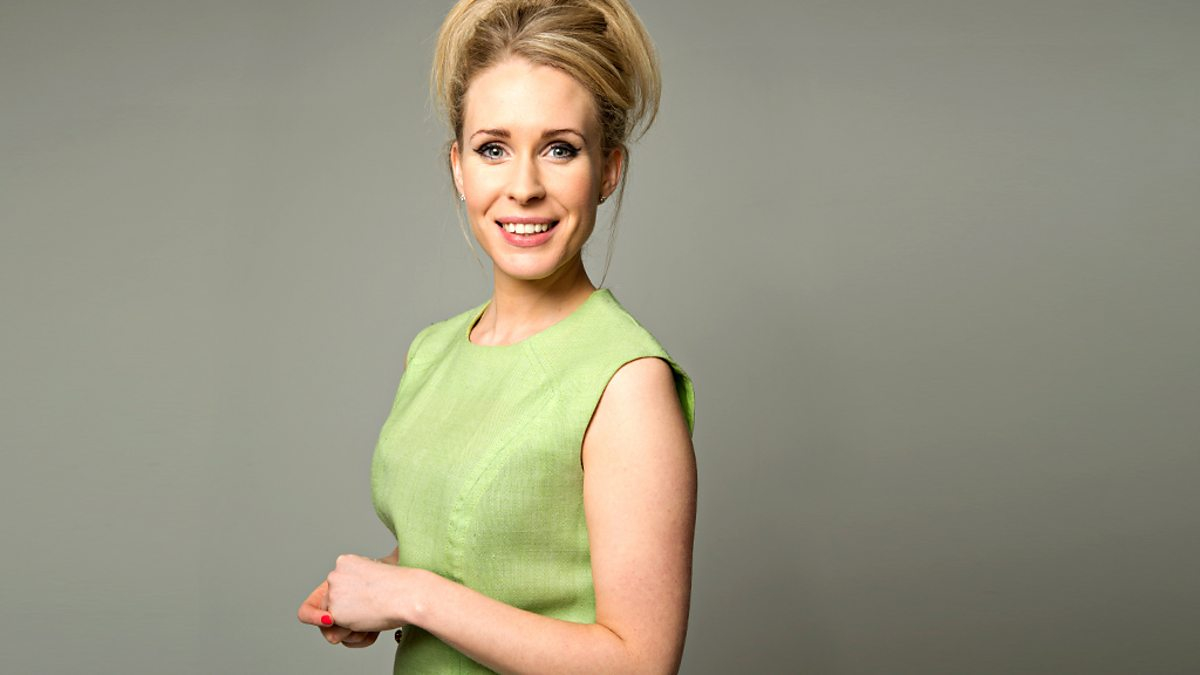Girls at a Harrogate school have made a “WISE” decision to study science and engineering.
To encourage its female pupils to take STEM (science, technology, Maths and Engineering) subjects at A-Level and beyond, Ashville College is supporting the Government’s WISE (women in science and engineering) initiative.
As part of the scheme, a physics outreach officer and a PhD undergraduate from the University of Leeds led a workshop in which 30 girls were asked to consider the relation between medicine and physics.
The class learned how microbubbles could be used to take clearer ultrasound images of the inside of the body as well as targeting diseases in the human body.
Split into three groups, they were each given a different disease – cancer, Alzheimer’s or diabetes – and asked to design their own microbubble to help treat it.
They had to make decisions such as which size bubbles would be the most effective, how to produce the bubbles, which treatments to include and how to get the bubbles to where they were needed.
The students had to justify the methods they had used and take cost into consideration. Having designed their bubble they made models of them which they were able to take away.
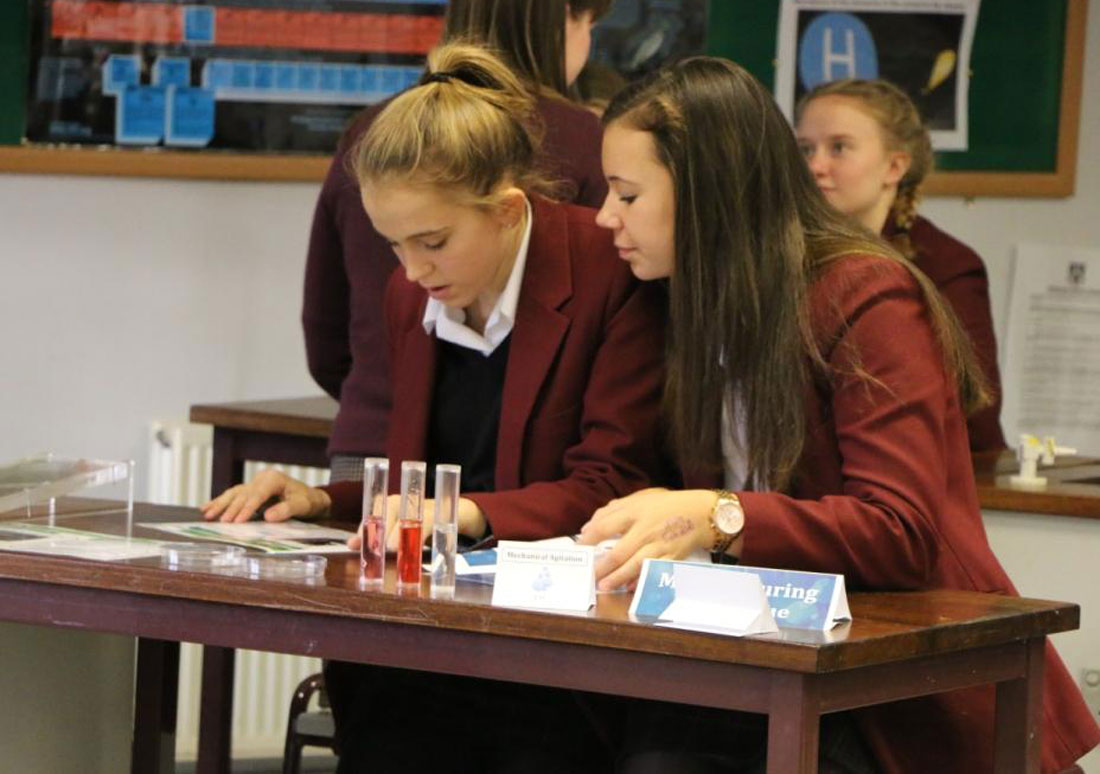
Ashville College’s Head of Science Dave Normanshire said:
WISE is an important initiative which we are proud to support. We hope it will lead to an increase in the number of girls studying maths, engineering and science subjects at A-level with us at Ashville College.
The workshop led by our two guests from the University of Leeds was incredibly interesting and, thanks to physics teacher Rebecca Bowen, I was delighted that the girls had the opportunity to work with active researchers. The activity was well-structured, engaging and really got the girls’ thinking.
At the end of the exercise, the students questioned the visitors about what it was like to study sciences at university. The girls now appreciate that STEM subjects offer a wider variety of careers.

